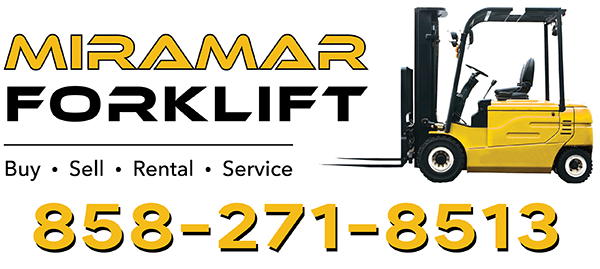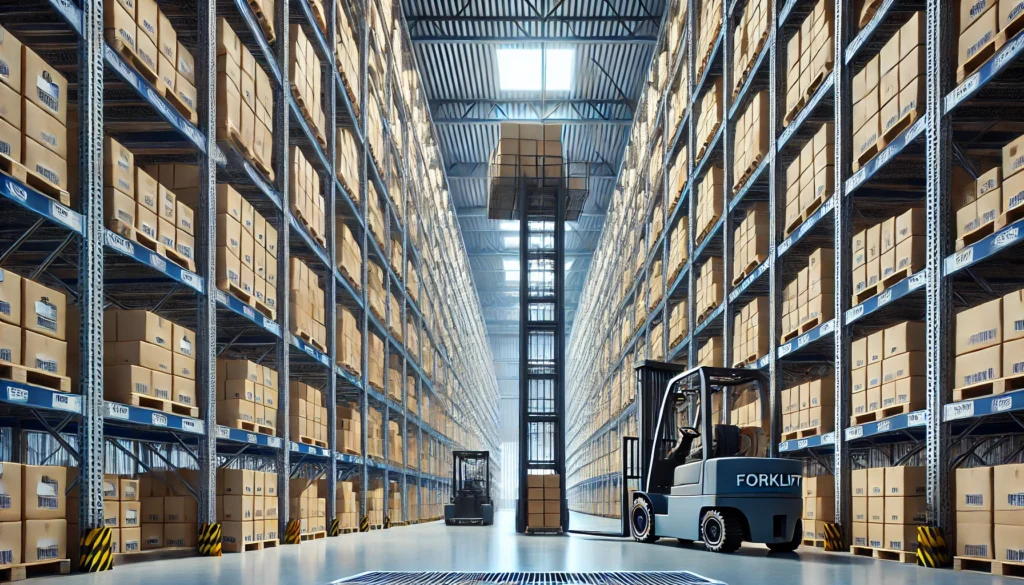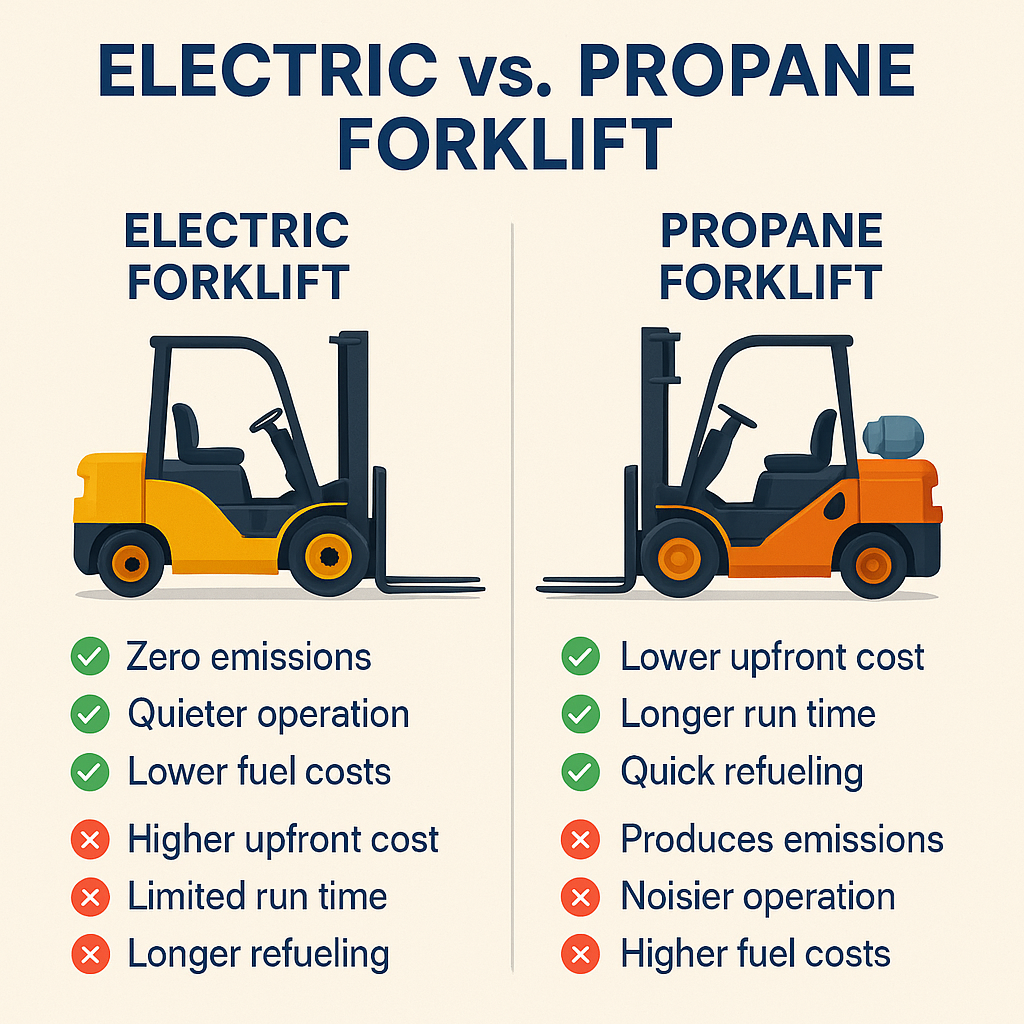Introduction
Operating a forklift is no small responsibility. Even skilled operators must remain vigilant to ensure their safety and the safety of those around them. Adhering to best practices reduces the risk of accidents, lowers downtime, and creates a more productive work environment. In this post, we’ll cover the top 10 safety tips every forklift operator should know. Share these guidelines with your team to help maintain a strong safety culture at your facility.
1. Perform a Pre-Operation Inspection
Before you even turn the key, take a few minutes to inspect the forklift. Check tires for wear, ensure forks aren’t cracked, and make sure all controls, lights, and warning signals are functioning. Early detection of issues prevents unexpected breakdowns and accidents.
2. Ensure Proper Training and Certification
No one should operate a forklift without proper training and certification. Skilled operators understand the equipment’s capabilities, recognize hazardous conditions, and maintain compliance with OSHA and industry regulations. Formal training also helps operators develop safe habits from the start.
3. Maintain Load Stability
Always keep loads stable and well-secured. Place heavier items on the bottom and ensure the load is centered on the forks. Tilting the mast back slightly can improve stability. Overloading or improperly stacking materials raises the chance of tipping incidents.
4. Control Your Speed
Excessive speed is a common factor in forklift accidents. Drive at a safe pace, especially when turning corners or navigating tight spaces. Remember: it’s better to arrive a few seconds later than to risk causing damage or injury.
5. Keep Your View Clear
Visibility is crucial. If your load blocks your forward view, drive in reverse when possible. Use spotters if necessary, and rely on mirrors and sensors to stay aware of your surroundings. Maintaining clear sightlines helps prevent collisions.
6. Wear Proper Personal Protective Equipment (PPE)
Seatbelts, helmets, safety glasses, reflective vests, and steel-toed boots are all essential PPE items in a forklift environment. These tools protect operators and bystanders, providing an added layer of security.
7. Avoid Horseplay and Distractions
Forklift operation demands focus. Horseplay, texting, or otherwise getting distracted while driving can have serious consequences. Maintain a professional attitude and keep your attention on the task at hand.
8. Know Your Forklift’s Capacity Limits
Familiarize yourself with the forklift’s load capacity. Exceeding this limit compromises the equipment’s stability, increasing the risk of tip-overs and damage. When in doubt, consult the forklift’s data plate or your supervisor.
9. Navigate Ramps and Uneven Surfaces Cautiously
When driving on slopes or uneven ground, keep the load pointed uphill and move slowly. Sudden turns or abrupt stops can unbalance the forklift. Always proceed with extra caution in changing terrain conditions.
10. Stay Aware of Your Surroundings
Be mindful of pedestrians, other machinery, and overhead obstructions. Honk your horn at blind corners, slow down at busy intersections, and give right-of-way to others when appropriate. Proactive awareness prevents most avoidable accidents.
Conclusion: Cultivate a Safety-First Culture
Safety doesn’t end with a checklist—it’s an ongoing commitment. Encourage open communication about safety issues, provide regular refresher courses, and lead by example. If you’re looking for comprehensive training or want to update your team’s skills, Miramar Forklift offers professional courses to help your workforce become confident, safety-conscious operators.




